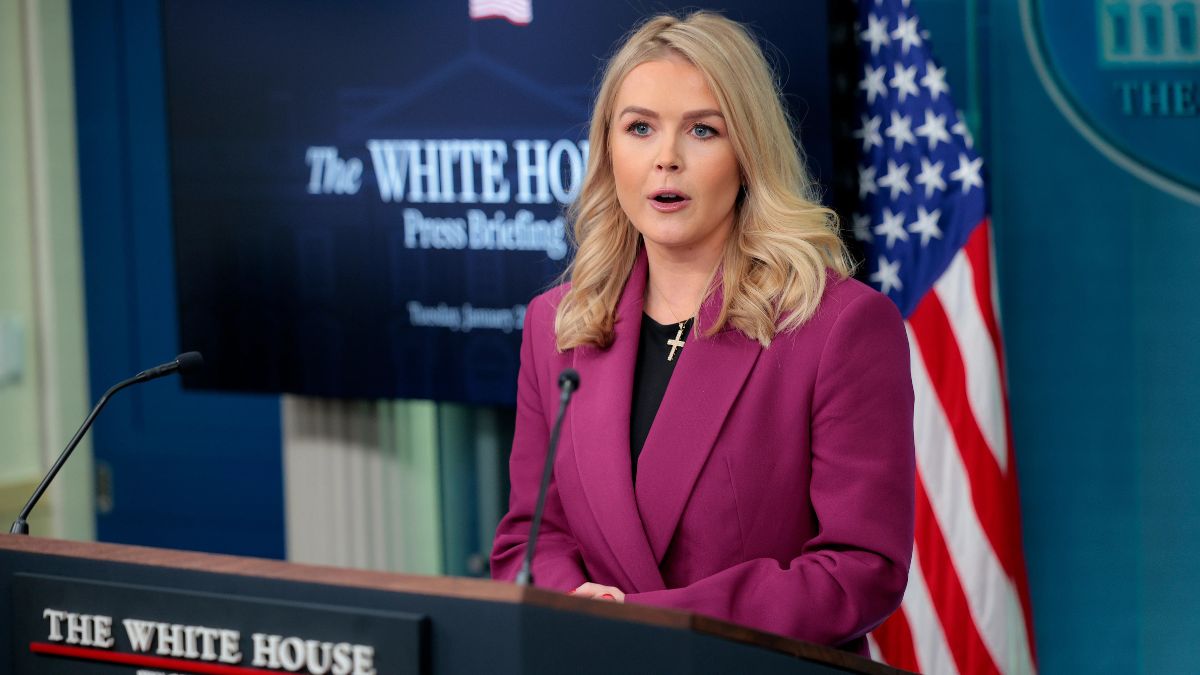White House refutes Intelligence claiming Iran's nuclear sites not destroyed, labels leaker 'low-level loser'
White House refutes Intelligence claiming Iran's nuclear sites not destroyed, labels leaker 'low-level loser'

The White House vigorously refuted reports from CNN and The New York Times asserting that recent U.S. military strikes failed to dismantle critical components of Iran’s nuclear program. The controversial reports cited intelligence assessments suggesting the attack had only temporarily delayed Iran’s nuclear ambitions.
CNN initially reported that an intelligence assessment concluded U.S. strikes “did not destroy the core components” of Iran's nuclear infrastructure. Concurrently, The New York Times described the military actions as causing setbacks amounting to “only a few months” delay.
Responding swiftly, the White House rejected these claims outright, implicitly acknowledging the existence of the classified intelligence assessment but strongly disputing its accuracy and integrity. Karoline Leavitt, spokesperson for the White House, sharply criticized the leak and the leaker responsible, characterizing them as an "anonymous, low-level loser in the intelligence community."
In a strongly worded social media statement, Leavitt stated, “This alleged ‘assessment’ is flat-out wrong and was classified as ‘top secret’ but was still leaked to CNN by an anonymous, low-level loser in the intelligence community.”
She further added, “The leaking of this alleged assessment is a clear attempt to demean President Trump and discredit the brave fighter pilots who conducted a perfectly executed mission to obliterate Iran’s nuclear program.”
Highlighting the military precision of the recent strikes, Leavitt emphasized, “Everyone knows what happens when you drop fourteen 30,000-pound bombs perfectly on their targets: total obliteration.”
The exchange intensifies ongoing debates regarding the administration's strategy and its transparency in addressing the escalating geopolitical tensions involving Iran. With critical assessments circulating publicly, the White House remains steadfast, asserting the effectiveness of its military actions and condemning internal leaks intended to undermine presidential directives.
Analysts expect this issue to remain a prominent subject as Congress considers hearings about the handling of classified intelligence and potential security vulnerabilities within intelligence communities. Meanwhile, the White House's aggressive response underscores the administration's sensitivity to perceived challenges to its foreign policy narratives.
Public scrutiny surrounding the incident continues to grow as media organizations pursue further clarity on the leaked intelligence and its implications for U.S. national security and diplomatic relations. The controversy over the “low-level loser” remark is likely to add fuel to political debates in Washington, emphasizing divisions between the administration's supporters and critics.
Observers note that such leaks and public rebuttals underscore broader concerns about information security and internal trust within the government, particularly at a time when international stability is precarious.
